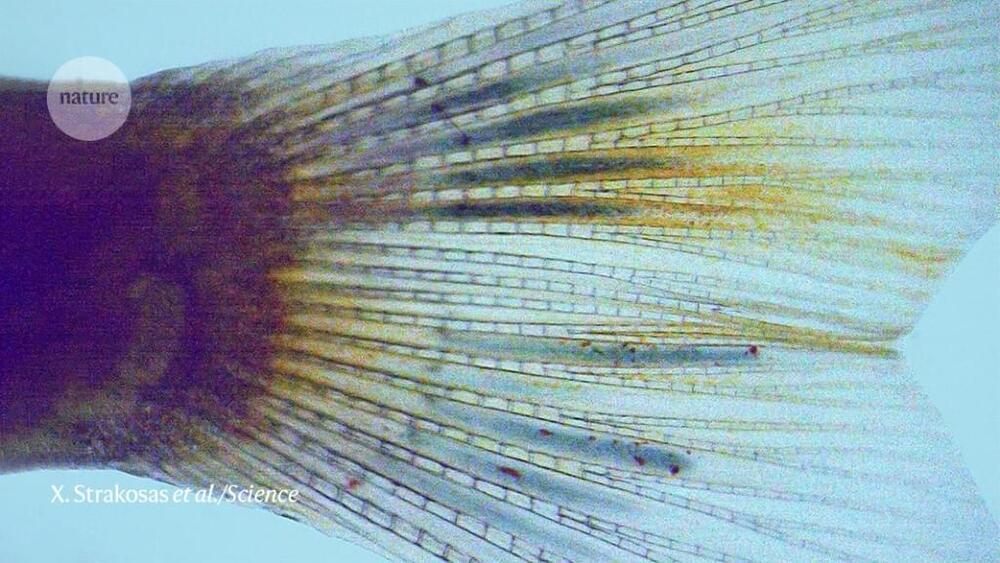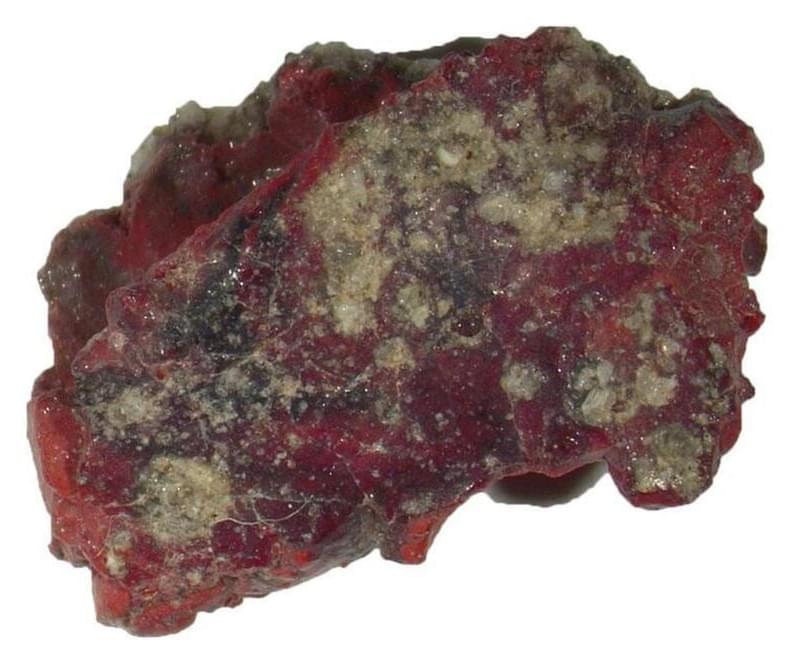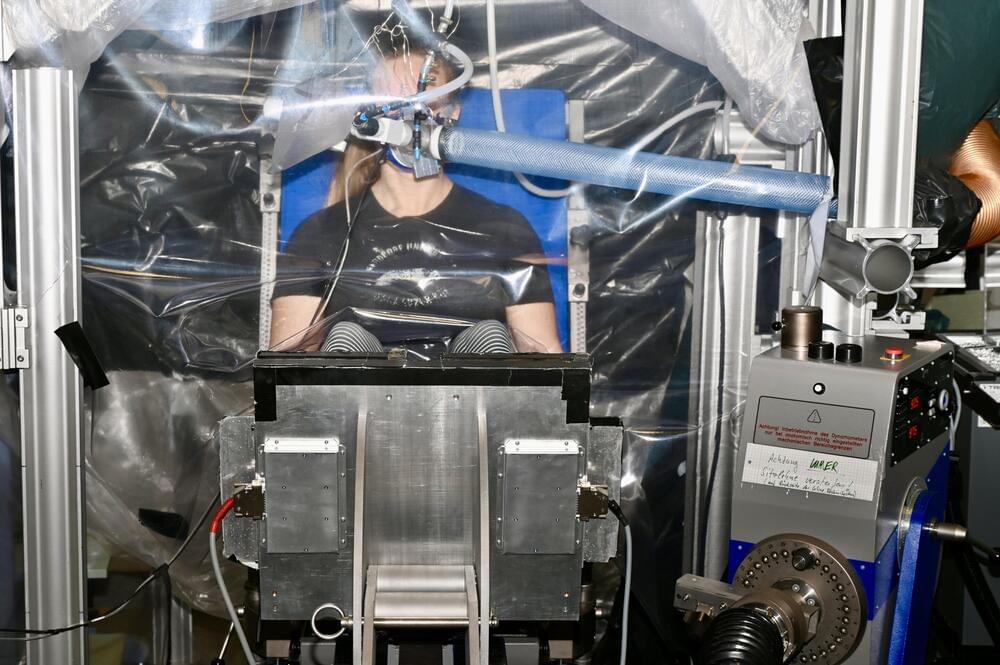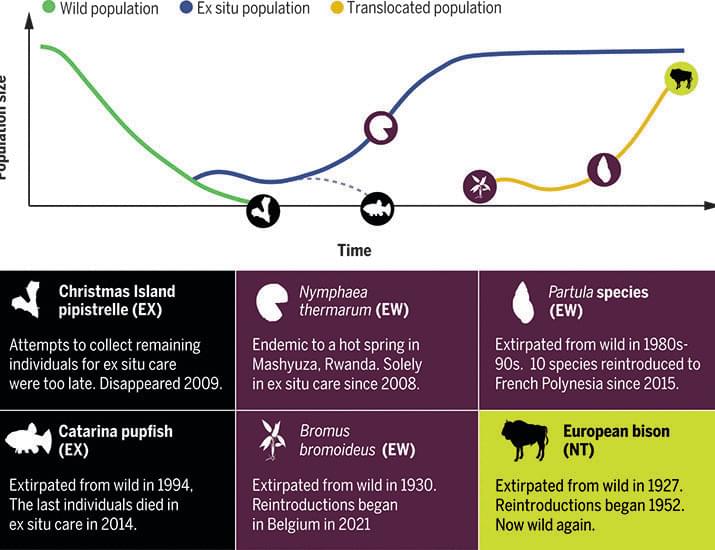
NASA announced Wednesday it has issued an award to The Boeing Company for the agency’s Sustainable Flight Demonstrator project, which seeks to inform a potential new generation of green single-aisle airliners.
Under a Funded Space Act Agreement, Boeing will work with NASA to build, test, and fly a full-scale demonstrator aircraft and validate technologies aimed at lowering emissions.
Over seven years, NASA will invest $425 million, while the company and its partners will contribute the remainder of the agreement funding, estimated at about $725 million. As part of the agreement, the agency also will contribute technical expertise and facilities.


















